Table of Contents
- What is the E-Scooter Under USA Law?
- Is Motorized Luggage Covered by USA E-Scooter Laws?
- Are E-Scooters Allowed on the Roads in the USA?
- Do International Airlines Allow Electric Luggage?
- Carry-on, or Checked?
- Do You Need a License for Electric Scooters in the USA?
- Is There Any Age Restriction for Electric Scooters in the USA?
- Legality of Electric Scooters by State
What is the E-Scooter Under USA Law?
In the United States, the definition and classification of electric scooters can vary based on state laws and regulations. Generally, electric scooters are considered Personal Light Electric Vehicles (PLEVs) and fall into different categories depending on factors such as their speed, power, and whether they are designed for standing or sitting.
Is Motorized Luggage Covered by USA E-Scooter Laws?
Motorized luggage, designed primarily for carrying belongings, is not typically classified as an electric scooter under U.S. law. Electric scooters, as defined in many jurisdictions, are vehicles intended for personal transportation, featuring handlebars and a deck or seat for the rider.
It's important to note that regulations regarding electric scooters and other electric personal mobility devices can differ significantly from one state or locality to another. To ensure accurate and up-to-date information, it's advisable to check local traffic laws and regulations related to electric scooters.
Are E-Scooters Allowed on the Roads in the USA?
It is common for scooter riders not to be able to ride on high-speed streets with a speed limit over 35 mph. Only Pennsylvania and Delaware prohibit scooters on streets completely. While it may cause frustration to people who enjoy riding high-speed scooters, most are content with riding at speeds below 20 mph.
Anyway, the max speed of the Airwheel electric suitcase is 8mph, which is less than the required 20mph.
Do International Airlines Allow Electric Luggage?
The primary concern in bringing an e-scooter on a plane is its battery because of the risk that it may spontaneously overheat and catch fire or explode. There are three main categories for international flights:
- 100 Watt-hours or less: Generally, airlines allow a battery size of 100Wh or less, as they are considered "small" and pose a lower fire risk. This refers mainly to smartphones, laptops, and cameras.
- Up to 160 Watt-hours: In such cases, you have to call it in and ask for permission from the airline. E-scooters with such a watt-hour are hard to come by, and even if you find one, they'll most likely be for children.
- Over 160 Watt-hours: it's a no-go. This excludes most e-scooters, as batteries have around 250Wh or way more on average.
Airwheel 73.26Wh removable li-ion battery is UN38.3 certified, ensuring it complies with UN, TSA, FAA, and IATA's 100Wh power limits.
Planning a trip and considering bringing your electric scooter along? The regulations can be tricky. Check out our detailed guide, where we navigate through the rules of airlines regarding carrying on a plane.
Carry-on, or Checked?
If your electric suitcase meets the carry-on size, and the power battery of your electric suitcase can be removed and carried with you, of course you can take your electric suitcase with you, or of course you can choose to check it in. In the same way, if it only meets the checked size, you can check your electric suitcase after removing the power battery.
Do You Need a License for Electric Scooters in the USA?
First and foremost, you’re not obligated to get any kind of special e-scooter license. It doesn’t exist, at least yet. If anything, some states may need you to have a valid driver’s license, but that varies from state to state.
In the United States, California is the only state that requires a valid driver's license to operate an electric scooter. California has specific laws that define a "motorized scooter" as a two-wheeled device with handlebars, a floorboard designed for standing, and an electric motor. Obviously, electric luggage is outside its scope.
The maximum speed for electric scooters in California is 15 mph. In other states, electric scooters are generally classified similarly to electric bicycles, which do not require a driver's license to operate. However, it's still important to check your local laws, as some states have their own regulations.
Is There Any Age Restriction for Electric Scooters in the USA?
In general, most states require riders to be at least 16 years old to operate an electric scooter. Additional requirements, such as wearing a helmet or possessing a valid driver's license, may exist in some states.
|
STATE |
Age Restriction |
License Required |
Street Legality |
|
ALABAMA |
16+ |
Yes |
Roads ≤ 25 mph |
|
ALASKA |
None |
No |
Roads ≤ 25 mph |
|
ARIZONA |
None |
No |
Roads ≤ 25 mph |
|
ARKANSAS |
16+ |
Yes |
Roads ≤ 25 mph |
|
CALIFORNIA |
16+ |
Yes (DL/Permit) |
Roads ≤ 25 mph |
|
COLORADO |
None |
No |
Roads ≤ 30 mph |
|
CONNECTICUT |
16+ |
Yes (DL/Permit) |
Roads ≤ 25 mph |
|
DELAWARE |
16+ |
Yes |
Roads ≤ 25 mph |
|
FLORIDA |
16+ |
Yes (DL/Permit) |
Roads ≤ 25 mph |
|
GEORGIA |
16+ |
Yes |
Roads ≤ 25 mph |
|
HAWAII |
15+ |
Yes (DL/Permit) |
Roads ≤ 25 mph |
|
IDAHO |
None |
No |
Roads ≤ 25 mph |
|
ILLINOIS |
16+ |
Yes (DL/Permit) |
Roads ≤ 25 mph |
|
INDIANA |
None |
No |
Roads ≤ 25 mph |
|
IOWA |
14+ |
Yes (DL/Permit) |
Roads ≤ 25 mph, |
|
KANSAS |
None |
No |
Roads ≤ 25 mph |
|
KENTUCKY |
None |
No |
Roads ≤ 25 mph |
|
LOUISIANA |
16+ |
Yes (DL/Permit) |
Roads ≤ 25 mph |
|
MAINE |
None |
No |
Roads ≤ 25 mph |
|
MARYLAND |
16+ |
Yes (DL/Permit) |
Roads ≤ 25 mph |
|
MASSACHUSETTS |
16+ |
Yes |
Roads ≤ 25 mph |
|
MICHIGAN |
12+ |
No |
Roads ≤ 25 mph |
|
MINNESOTA |
16+ |
Yes (DL/Permit) |
Roads ≤ 25 mph |
|
MISSISSIPPI |
16+ |
Yes |
Roads ≤ 25 mph |
|
MISSOURI |
None |
No |
Roads ≤ 25 mph |
|
MONTANA |
None |
No |
Roads ≤ 25 mph |
|
NEBRASKA |
14+ |
Yes (DL/Permit) |
Roads ≤ 25 mph |
|
NEVADA |
None |
No |
Roads ≤ 25 mph |
|
NEW HAMPSHIRE |
16+ |
Yes (DL/Permit) |
Roads ≤ 25 mph |
|
NEW JERSEY |
16+ |
Yes |
Roads ≤ 25 mph |
|
NEW MEXICO |
None |
No |
Roads ≤ 25 mph |
|
NEW YORK |
16+ |
Yes (DL/Permit) |
Roads ≤ 25 mph |
|
NORTH CAROLINA |
16+ |
Yes (DL/Permit) |
Roads ≤ 25 mph |
|
NORTH DAKOTA |
None |
No |
Roads ≤ 25 mph |
|
OHIO |
16+ |
Yes (DL/Permit) |
Roads ≤ 25 mph |
|
OKLAHOMA |
None |
No |
Roads ≤ 25 mph |
|
OREGON |
16+ |
Yes (DL/Permit) |
Roads ≤ 25 mph |
|
PENNSYLVANIA |
16+ |
Yes (DL/Permit) |
Roads ≤ 25 mph |
|
RHODE ISLAND |
16+ |
Yes (DL/Permit) |
Roads ≤ 25 mph |
|
SOUTH CAROLINA |
16+ |
Yes (DL/Permit) |
Roads ≤ 25 mph |
|
SOUTH DAKOTA |
None |
No |
Roads ≤ 25 mph |
|
TENNESSEE |
16+ |
Yes (DL/Permit) |
Roads ≤ 25 mph |
|
TEXAS |
16+ |
Yes (DL/Permit) |
Roads ≤ 25 mph |
|
UTAH |
None |
No |
Roads ≤ 25 mph |
|
VERMONT |
None |
No |
Roads ≤ 25 mph |
|
VIRGINIA |
14+ |
Yes (DL/Permit) |
Roads ≤ 25 mph |
|
WASHINGTON |
None |
No |
Roads ≤ 25 mph |
|
WEST VIRGINIA |
None |
No |
Roads ≤ 25 mph |
|
WISCONSIN |
16+ |
Yes (DL/Permit) |
Roads ≤ 25 mph |
|
WYOMING |
None |
No |
Roads ≤ 25 mph |
Legality of Electric Scooters by State
According to the federal laws, any two- or three-wheeled vehicles powered by motors or a combination of an engine and pedals are perfectly legal as long as the rider's speed does not exceed 20 mph and the motor's power does not exceed 750 watts. While electric scooters aren't explicitly mentioned, they are generally considered to fall under this law.
- Alabama
Scooters are legal, but specific laws are left to local municipalities. Scooter-sharing programs may or may not be allowed, depending on the city.
- Alaska
Electric scooters are classified as "motor driven cycles" and are subject to similar regulations as motorcycles, including licensing and power restrictions.
- Arizona
Electric scooters are treated like bicycles and are allowed wherever bikes can be ridden. No insurance or registration is required, but helmets are mandatory for riders under 18.
- Arkansas
Scooters are street-legal, but certain age and speed restrictions apply. Scooter-sharing regulations are left to local municipalities.
- California
Extensive scooter laws require valid driver's licenses but no vehicle registration. Speed and road restrictions apply, and helmets are mandatory for riders under 18.
- Colorado
Scooters can be used on streets with speed limits of 30 mph or lower and, in some cases, sidewalks. They are subject to similar laws as bicycles, though some aspects remain undefined.
- Connecticut
Electric scooter laws resemble bicycle laws, with helmet requirements for riders under 16, sidewalk restrictions, and a 20 mph speed limit.
- Delaware
Scooters are treated like motorized skateboards and are not allowed on streets, highways, or sidewalks. However, enforcement is inconsistent.
- Washington D.C.
Scooters are classified as "personal mobility devices" and have age and sidewalk restrictions. Helmets are required for shared scooter riders under 18, and a 10 mph speed limit applies.
- Florida
Scooters are legal statewide, with age restrictions and similar rules as bicycles. Scooter-sharing programs are subject to local ordinances.
- Georgia
Electric scooter laws have weight, speed, and location restrictions, with further regulations left to local municipalities.
- Hawaii
Comprehensive scooter laws cover age, helmet, lighting, weight, and speed restrictions.
- Idaho
Scooter laws are still developing, with local governments regulating their usage. Inquire with local law enforcement about specific regulations.
- Illinois
Electric scooters are classified as motor-driven cycles, with licensing, registration, and insurance requirements for private owners. Shared scooter regulations vary by municipality.
- Indiana
Scooters are known as "electric foot scooters" and have specific criteria to meet. They can be ridden on streets and bike paths, with local governments establishing additional regulations.
- Iowa
Scooters can be used on streets with speed limits of 35 mph or slower, sidewalks, and bike paths. Lighting requirements apply, but no licenses or insurance are needed.
- Kansas
Scooters are street-legal but not allowed on highways or sidewalks. Licensing and lighting requirements apply, but helmets are not mandatory.
- Kentucky
Scooters are treated like bicycles, with age, lighting, and location restrictions but no registration, licensing, or insurance requirements.
- Louisiana
Scooter riders need valid driver's licenses and must adhere to age, helmet, and location restrictions.
- Maine
Scooters are street-legal with speed, lighting, wheel size, engine power, and licensing restrictions.
- Maryland
Scooters are street-legal and subject to similar laws as bicycles, with a 20 mph speed limit.
- Massachusetts
Scooter riders must yield to pedestrians, wear helmets, and follow audible signaling rules. Licenses and speed restrictions apply.
- Michigan
Scooters fall under the electric skateboard category, with passenger, power, and speed restrictions. Lighting and traffic rules also apply.
- Mississippi
Mississippi's scooter laws remain largely unformed, with regulations left to local municipalities. For specific scooter laws in your area, contact local law enforcement.
- Missouri
Electric scooters are street-legal in Missouri and treated like motorized bicycles, allowed in bike lanes. Riders need a valid driver's license, and scooters must not exceed 30 mph; otherwise, they'll be considered motorcycles.
- Montana
Montana treats electric scooters like motorized bicycles, allowing them on streets and bike paths but not sidewalks. Scooter riders must yield to pedestrians and follow traffic signals, giving audible warnings when passing others.
- Nebraska
Nebraska's electric scooter usage is mostly unregulated statewide, but the DMV confirmed that scooters don't need registration. Riders should still follow traffic laws and avoid riding on sidewalks.
- Nevada
Electric scooters are allowed on public roads in Nevada, but cannot weigh over 100 lbs or exceed 20 mph. Riders must be at least 16 years old.
- New Hampshire
New Hampshire lacks statewide electric scooter regulations, but cities like Nashua and Portsmouth have laws governing shared scooters from companies like Spin or Bird.
- New Jersey
New Jersey classifies electric scooters as "low-speed electric scooters," limited to 19 mph and generally subject to bicycle laws. Regulations for riding on trails and sidewalks vary by city. Riders don't need a driver's license, insurance, or vehicle registration.
- New Mexico
New Mexico leaves electric scooter regulations to local municipalities, but a bill is being considered in the state legislature for statewide governance. As of early 2023, it has not been enacted.
- New York
New York state law permits electric scooter use, requiring riders to be at least 16 and wear helmets. Scooters cannot be ridden on sidewalks or streets with speed limits over 30 mph. Local municipalities can extend or override these laws, like New York City's 20 mph limit on streets with 25 mph speed limits.
- North Carolina
North Carolina requires electric scooter registration with the DMV and a valid driver's license. Scooters can't be ridden on roads with speed limits over 25 mph. Other statewide scooter issues remain unaddressed.
- North Dakota
North Dakota doesn't specifically regulate electric scooters statewide, but they're subject to existing moped legislation. Scooters shouldn't be ridden on bicycle paths or sidewalks and must have taillights and headlights. Riders under 18 must wear helmets.
- Ohio
Ohio classifies electric scooters as "low-speed micromobility devices" limited to 20 mph and 100 lbs. Riders must be 16 or older, but don't need a driver's license or insurance. Scooters can be ridden on public roads, but riders must follow traffic signals and yield to pedestrians. Nighttime riding requires front and rear lights.
- Oklahoma
Oklahoma leaves electric scooter regulation to individual cities, with scooter-sharing programs in Oklahoma City, Norman, Stillwater, and Tulsa, each with unique rules. Consult local law enforcement for specific regulations.
- Oregon
Oregon treats electric scooters like mopeds, allowing motors up to 100w, lights for night riding, and a 24 mph maximum speed. Individual cities can establish their own rules, like Portland's 15 mph speed limit and minimum rider age of 16.
- Pennsylvania
Pennsylvania's state-level electric scooter laws are still developing, with introduced bills seeking to establish statewide rules. Currently, regulation is left to individual cities.
Sources:
- https://www.ncbi.nlm.nih.gov/pmc/articles/PMC7544631/
- https://highways.dot.gov/public-roads/spring-2021/02
- https://leg.mt.gov/bills/mca/title_0610/chapter_0080/part_0060/section_0020/0610-0080-0060-0020.html
- https://law.justia.com/codes/louisiana/2011/rs/title32/rs32-300-1/
- https://code.dccouncil.gov/us/dc/council/code/sections/50-2201.04a.html
- https://delcode.delaware.gov/title21/c041/sc12/
- https://www.cga.ct.gov/2019/ACT/pa/pdf/2019PA-00162-R00HB-07141-PA.pdf
- https://dmv.ny.gov/registration/electric-scooters-and-bicycles-and-other-unregistered-vehicles

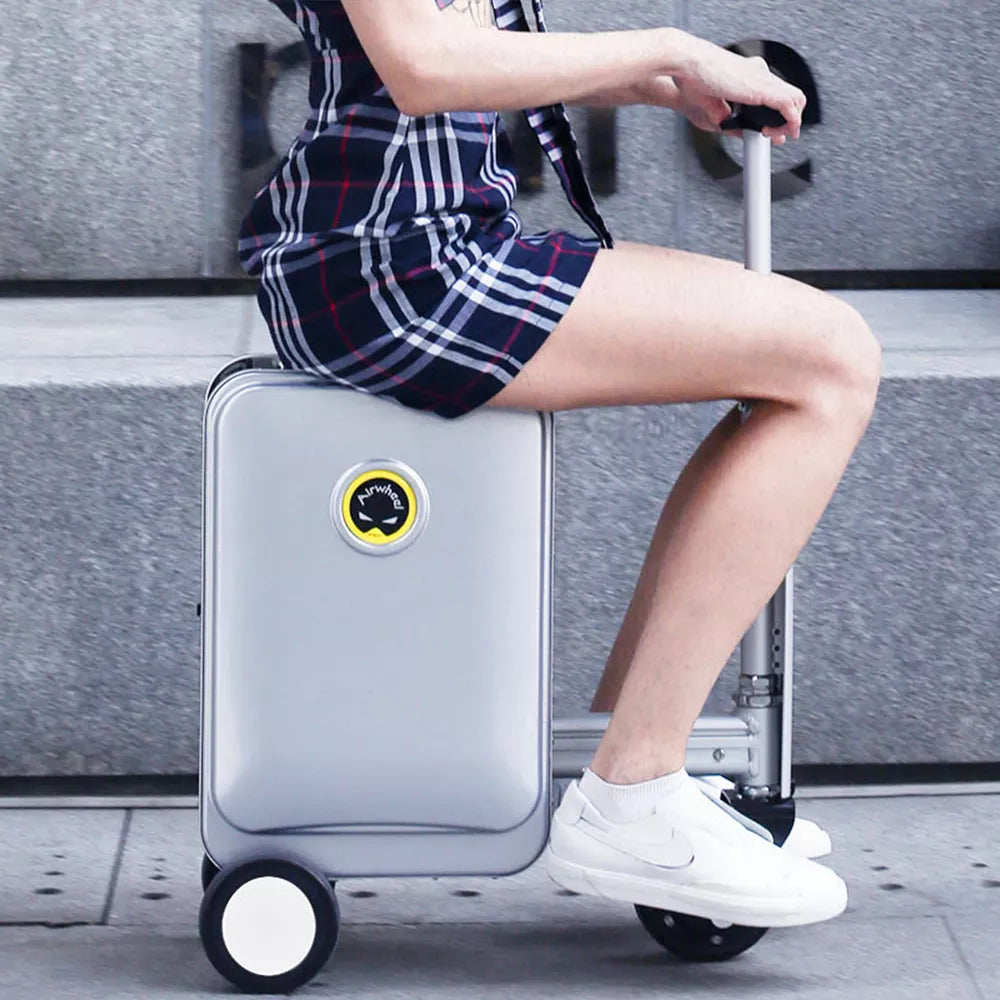
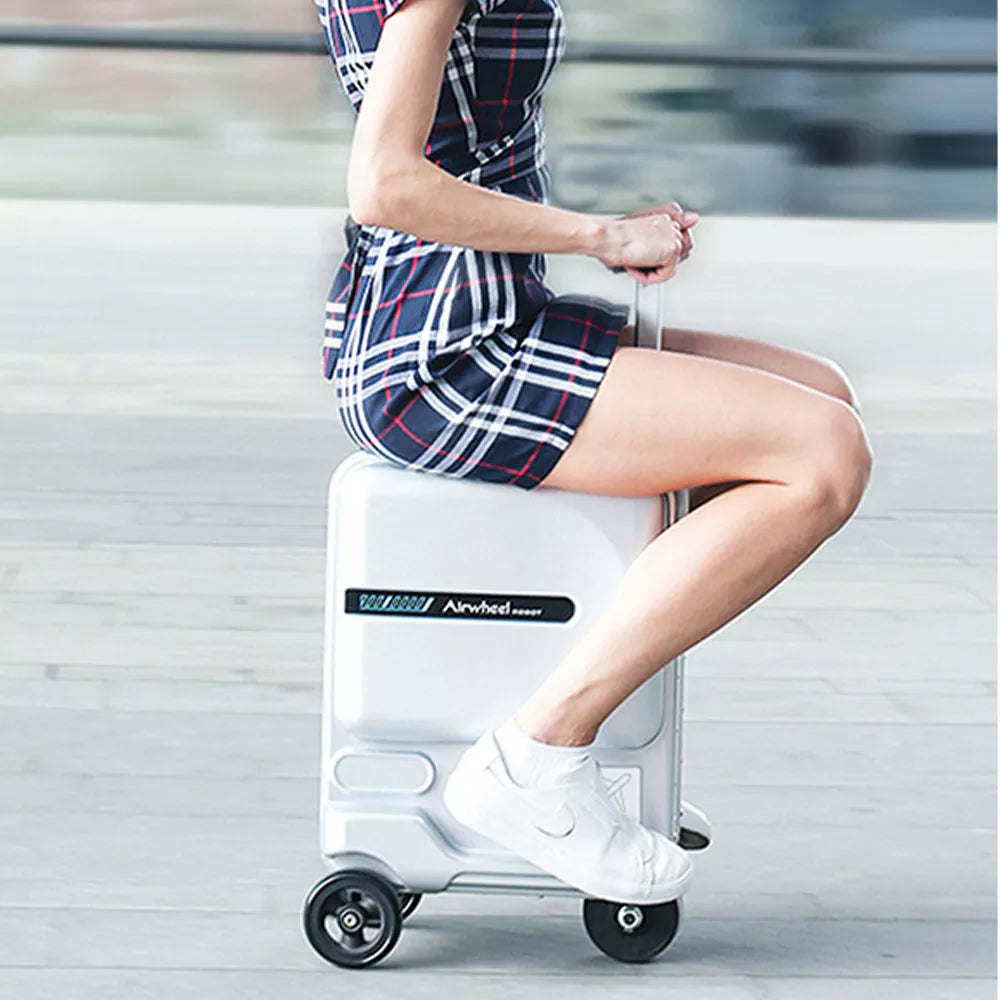
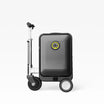
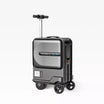
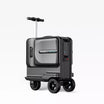

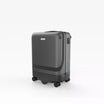

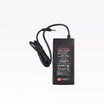










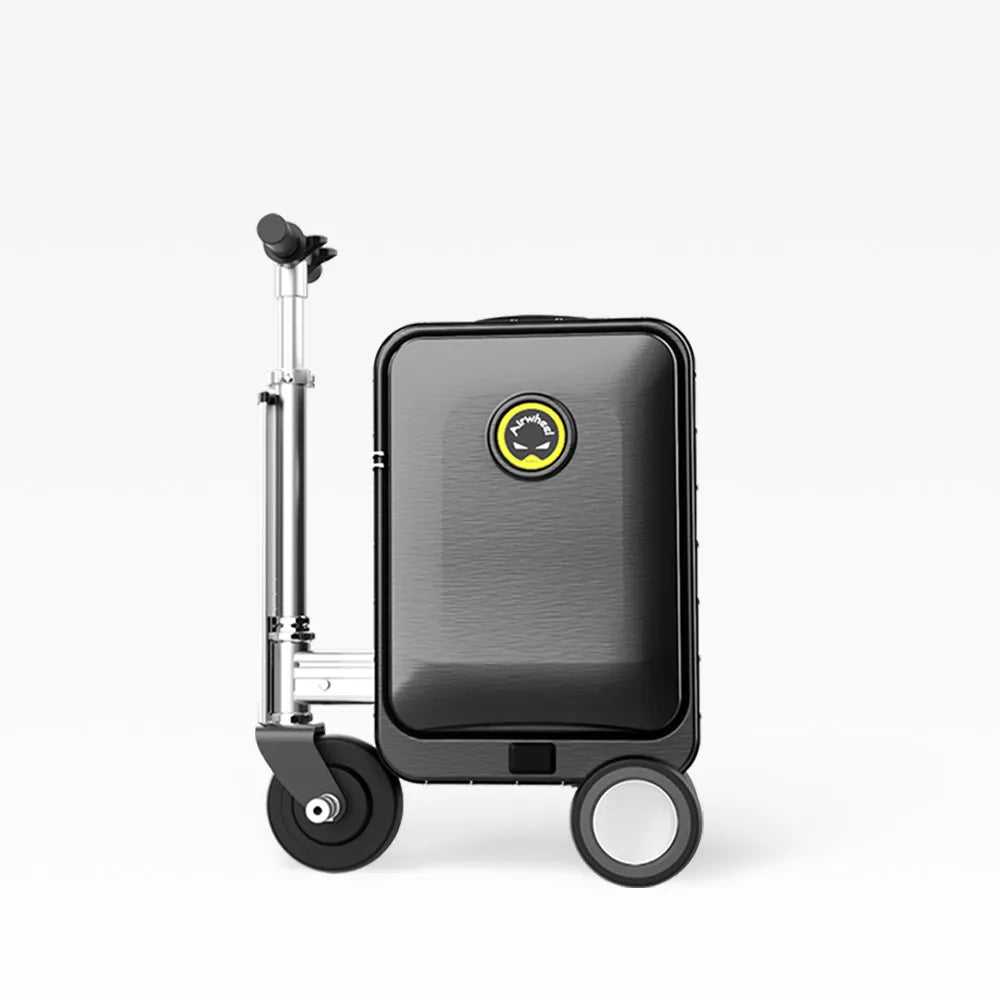
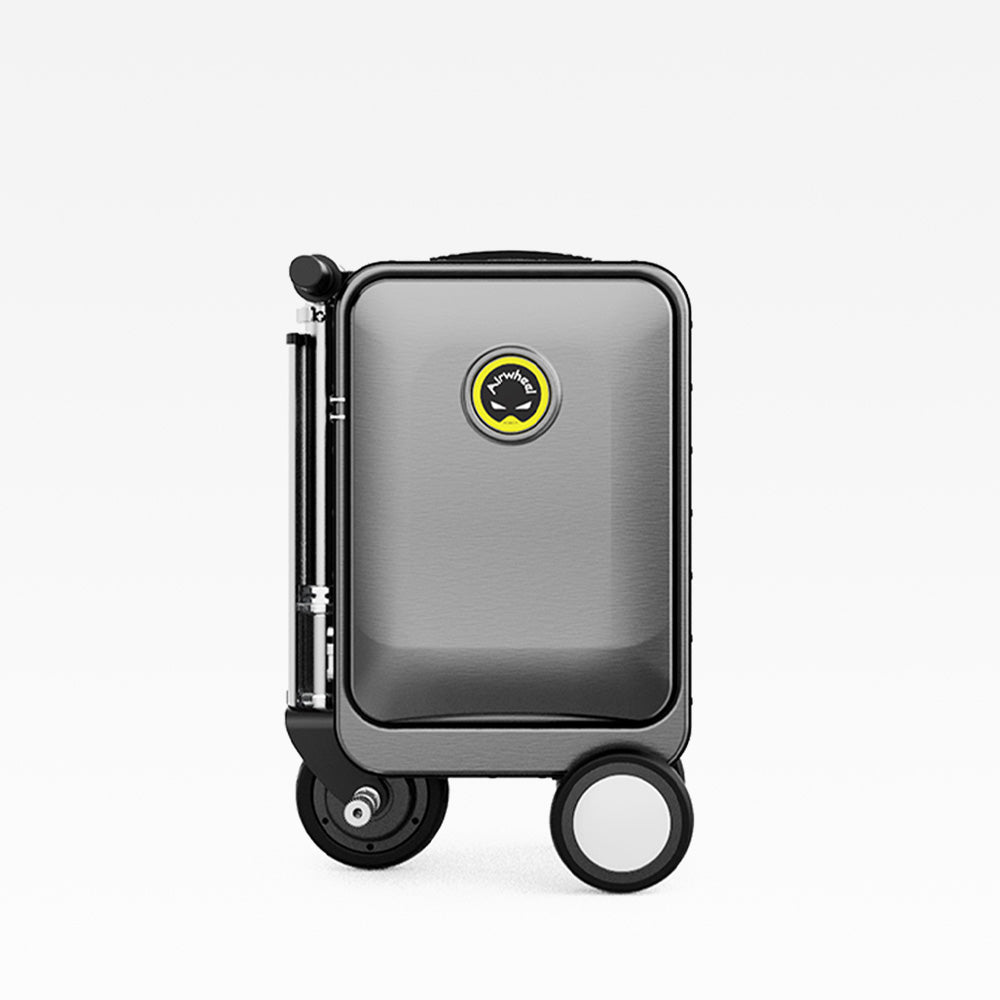
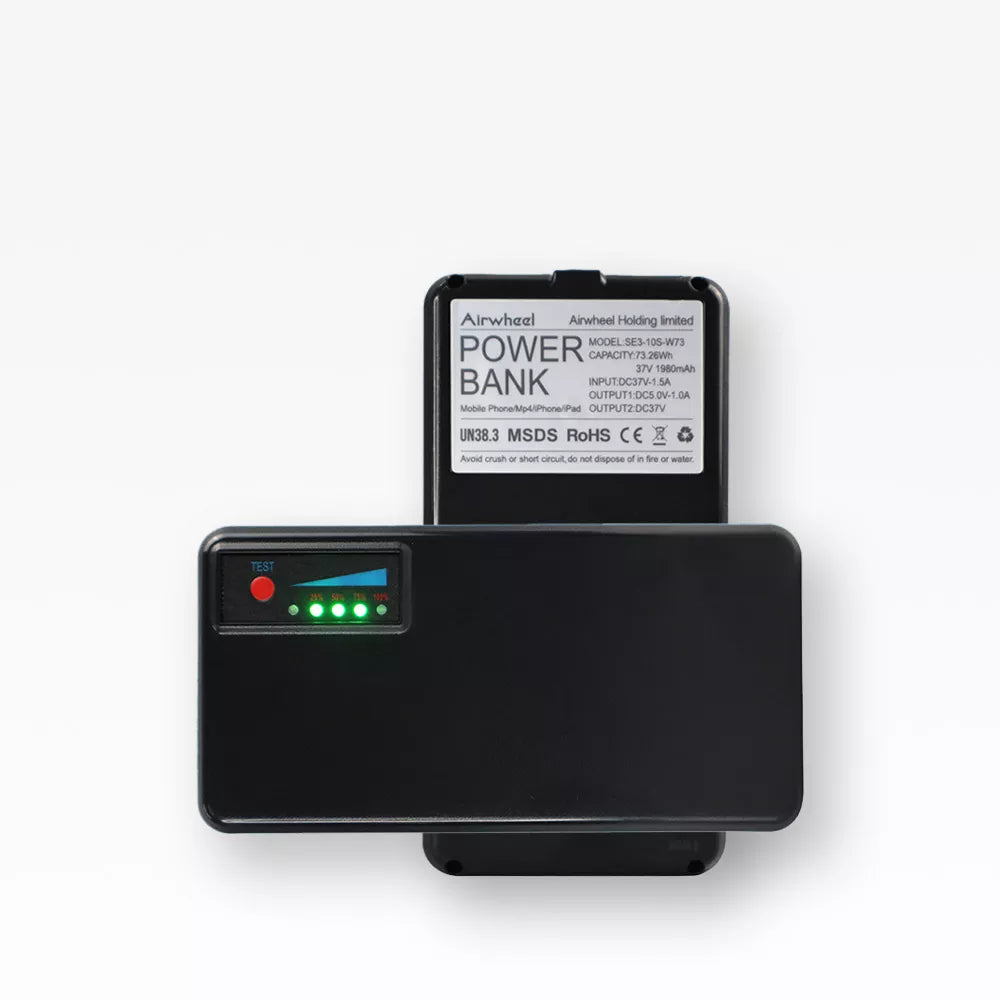
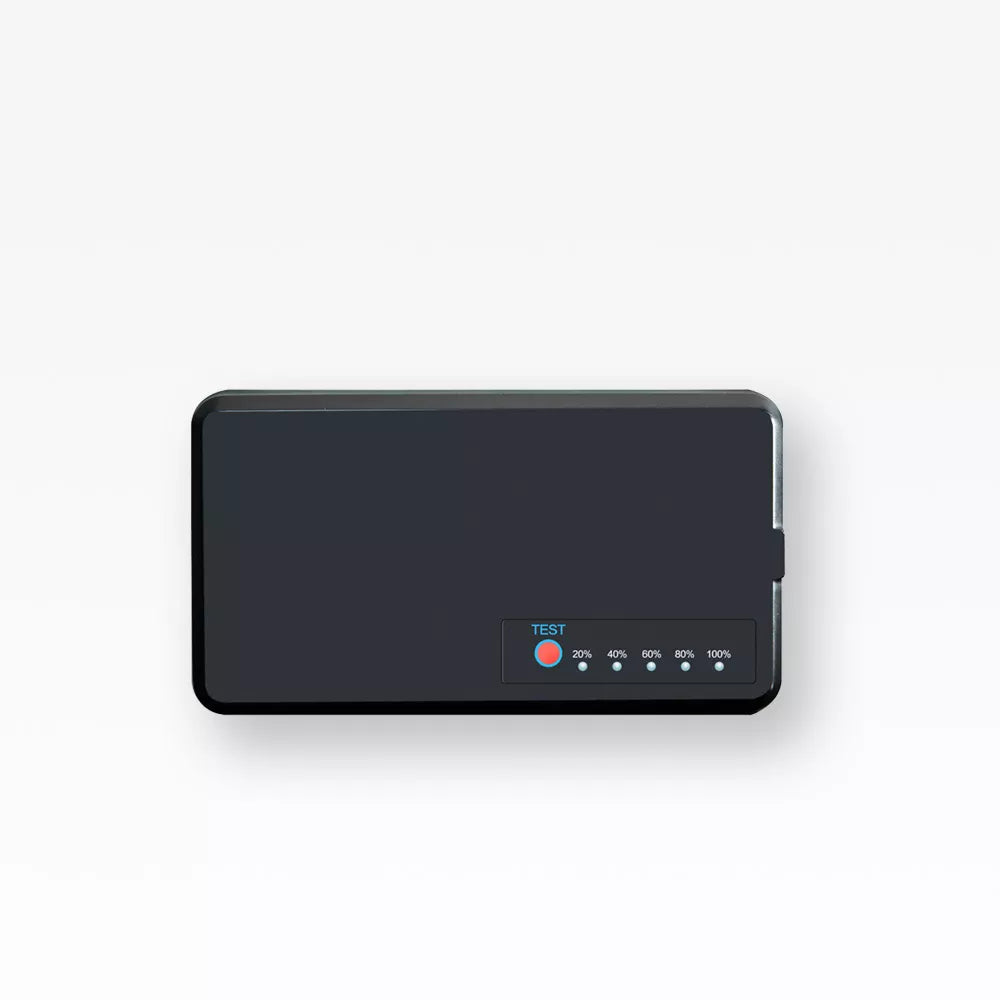
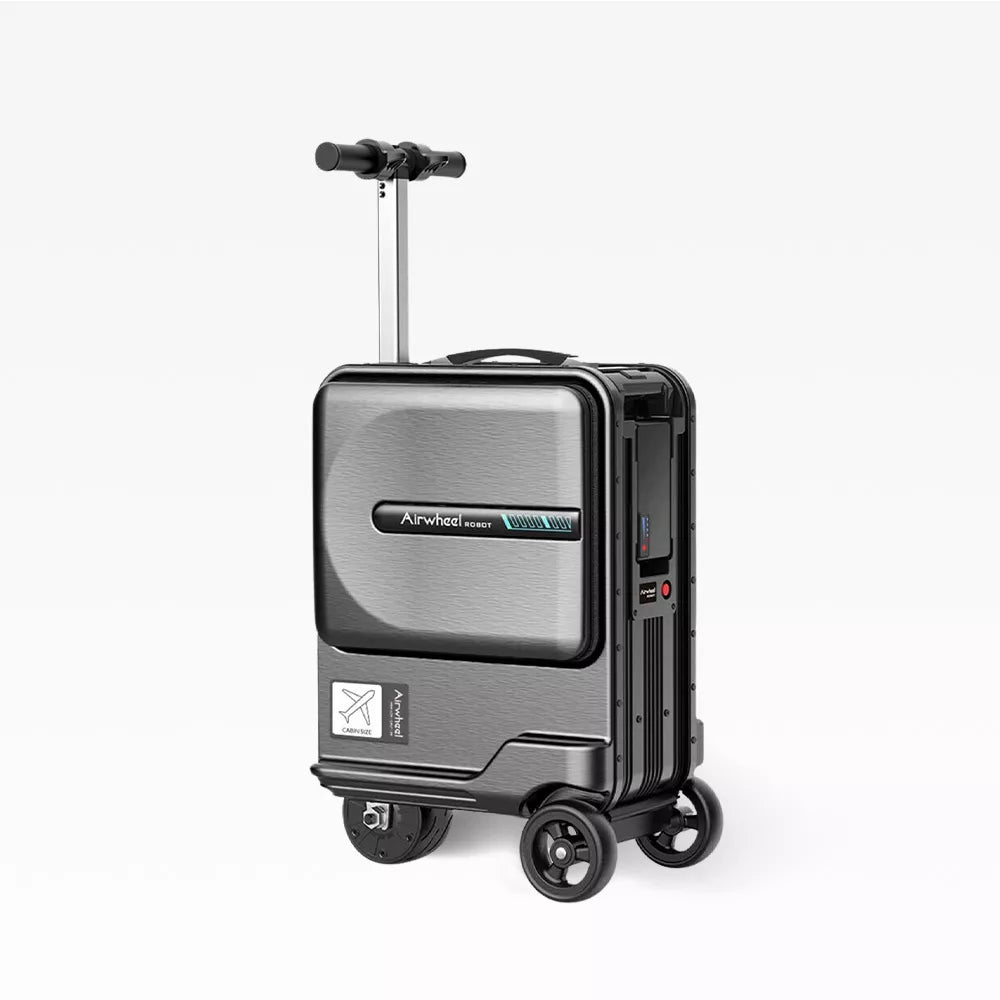
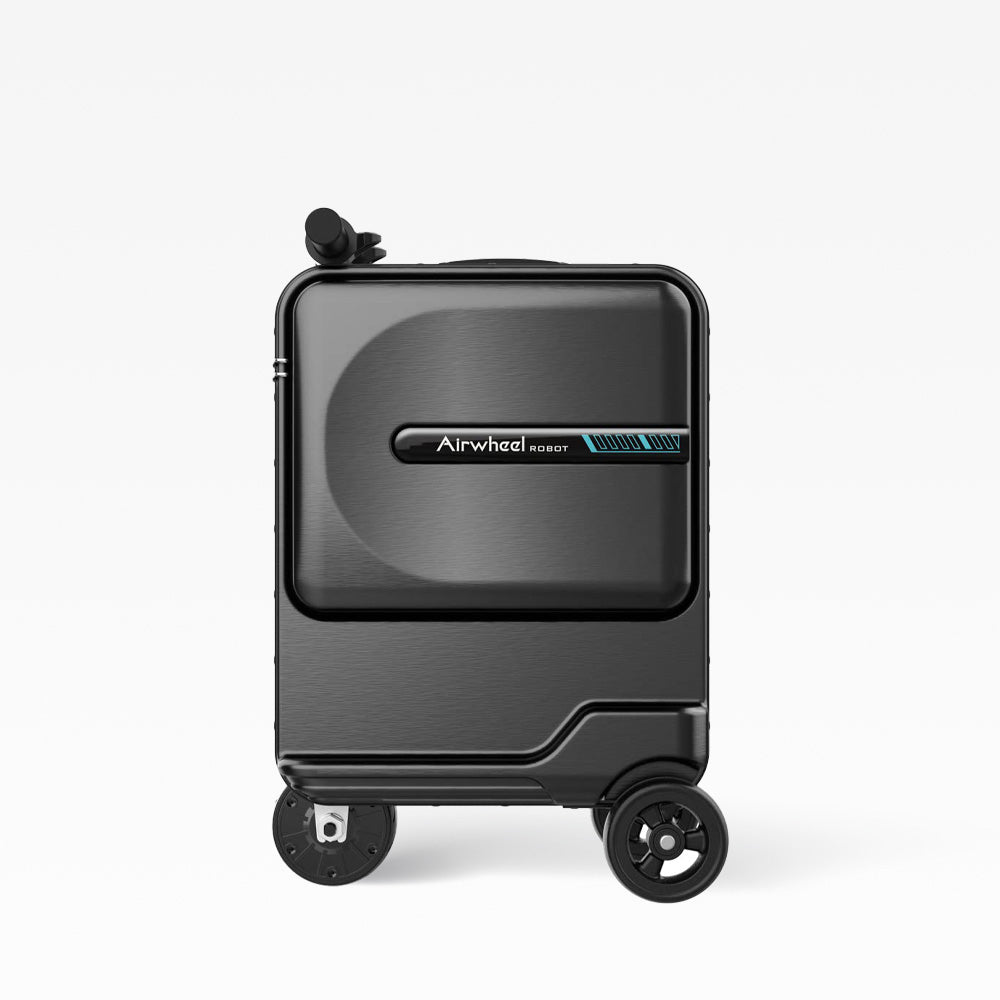


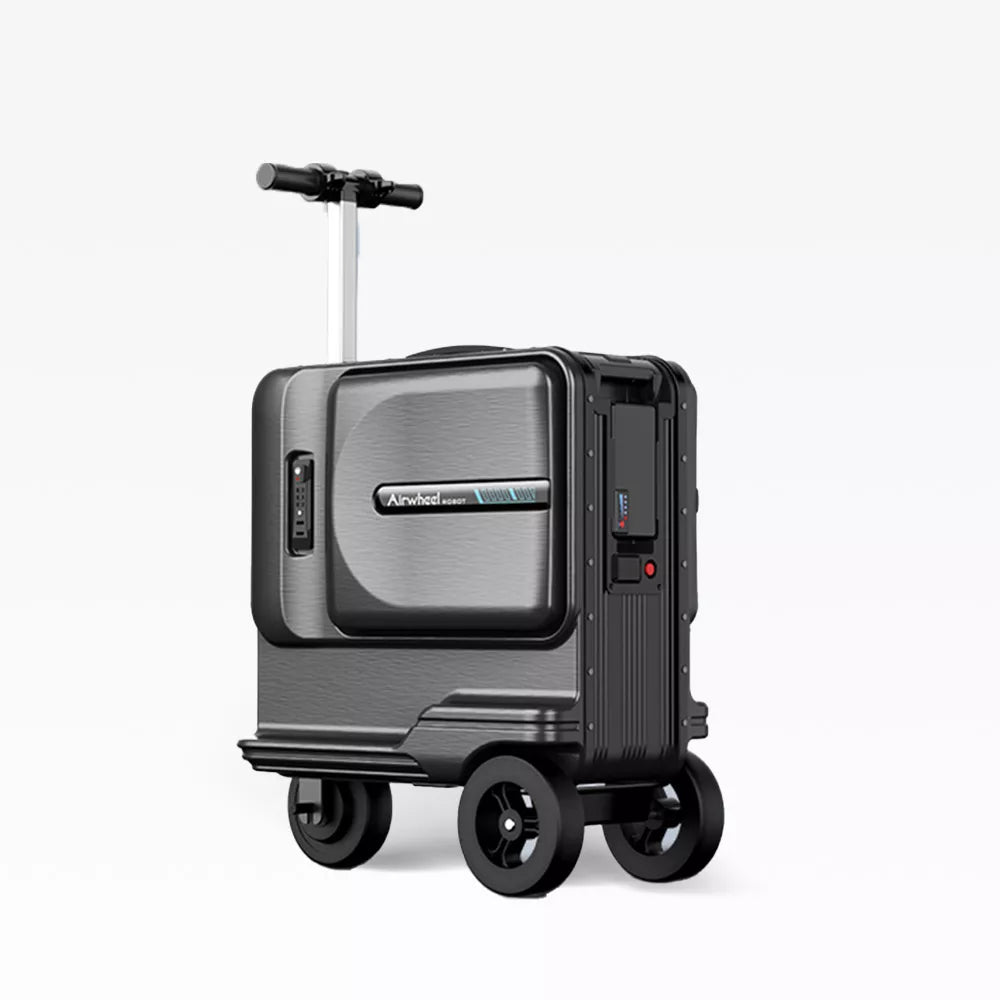
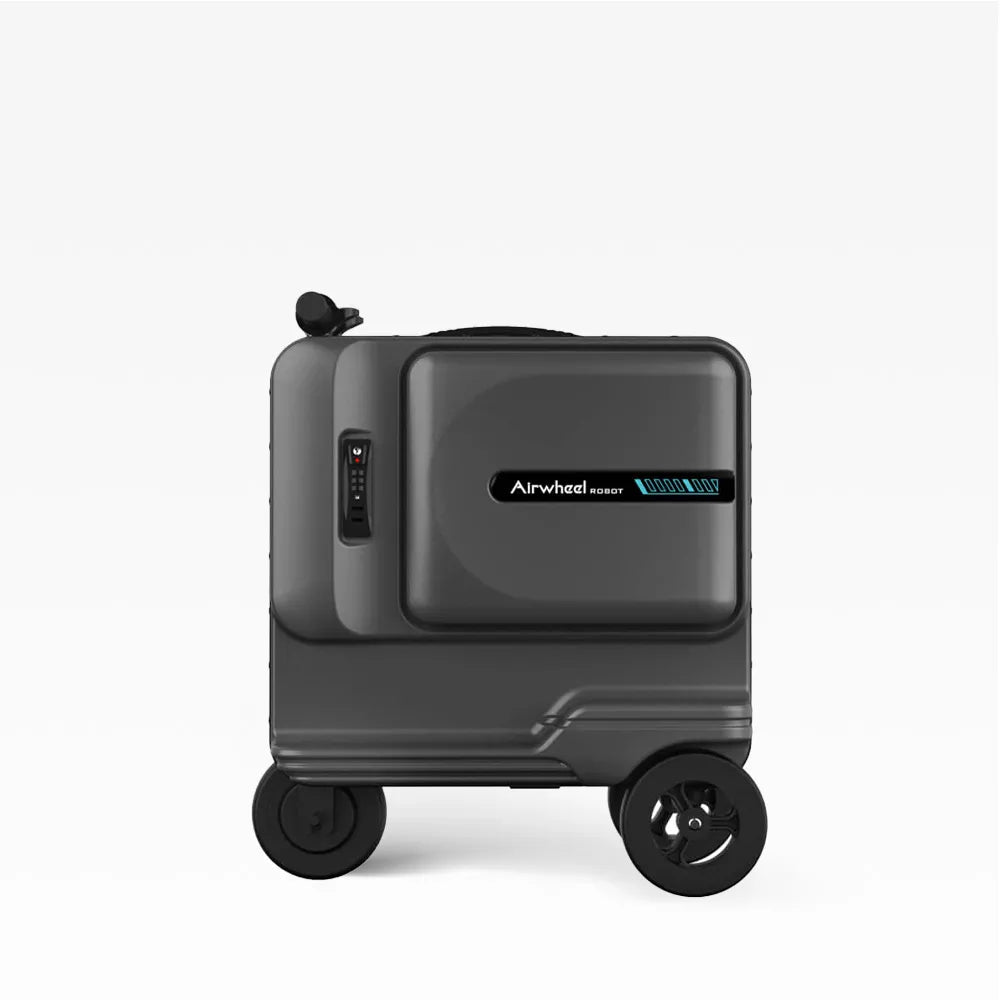
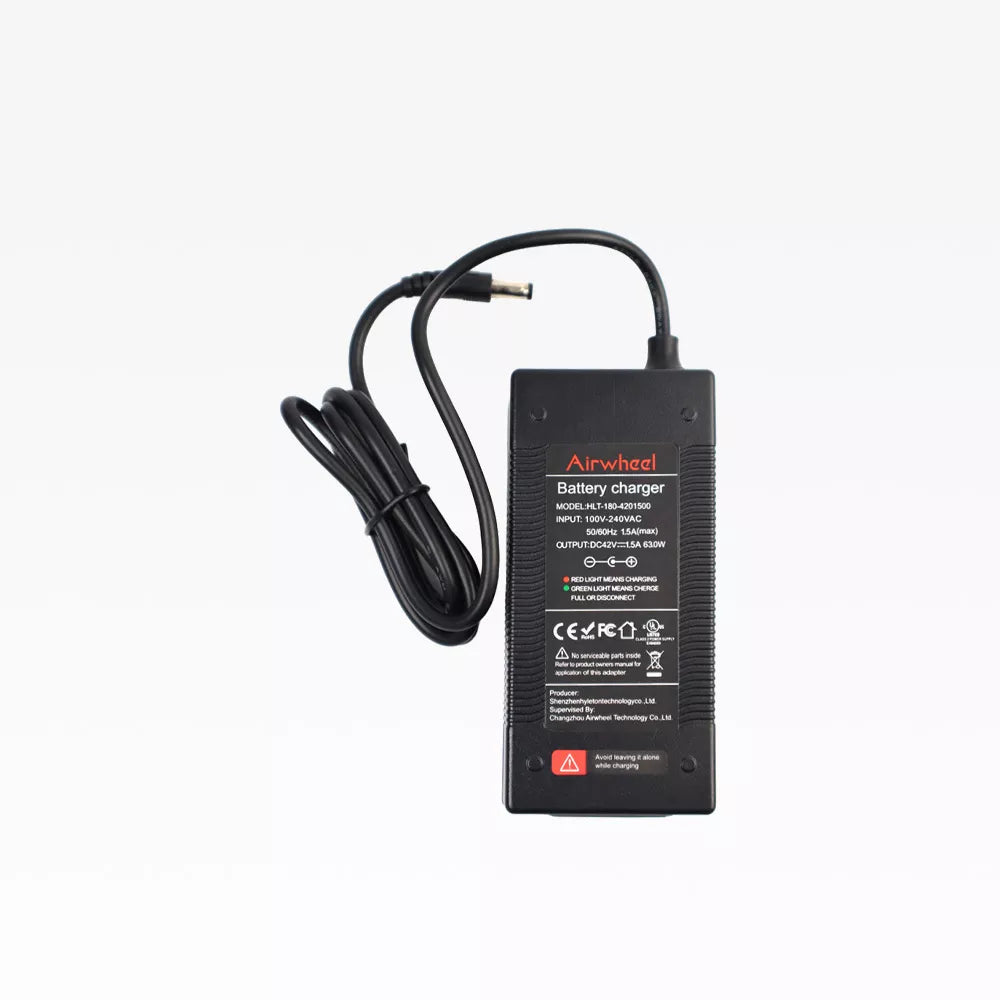
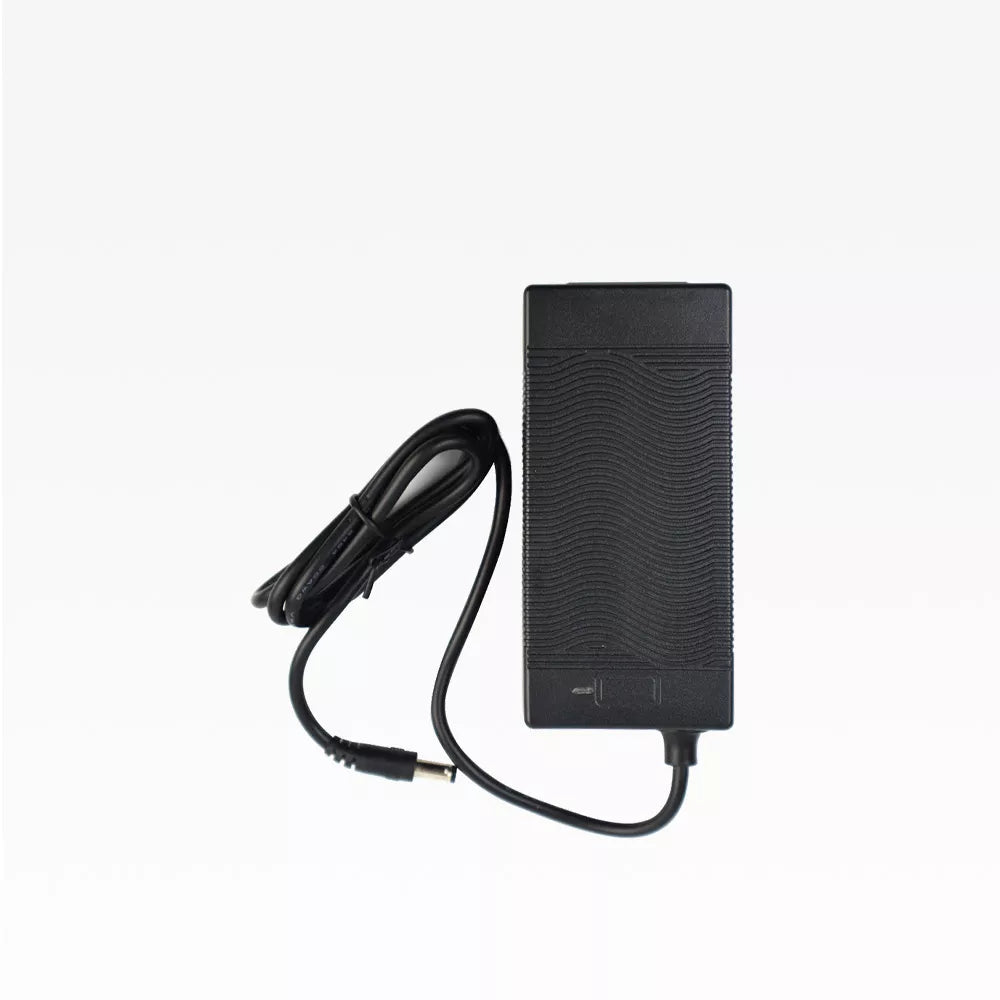

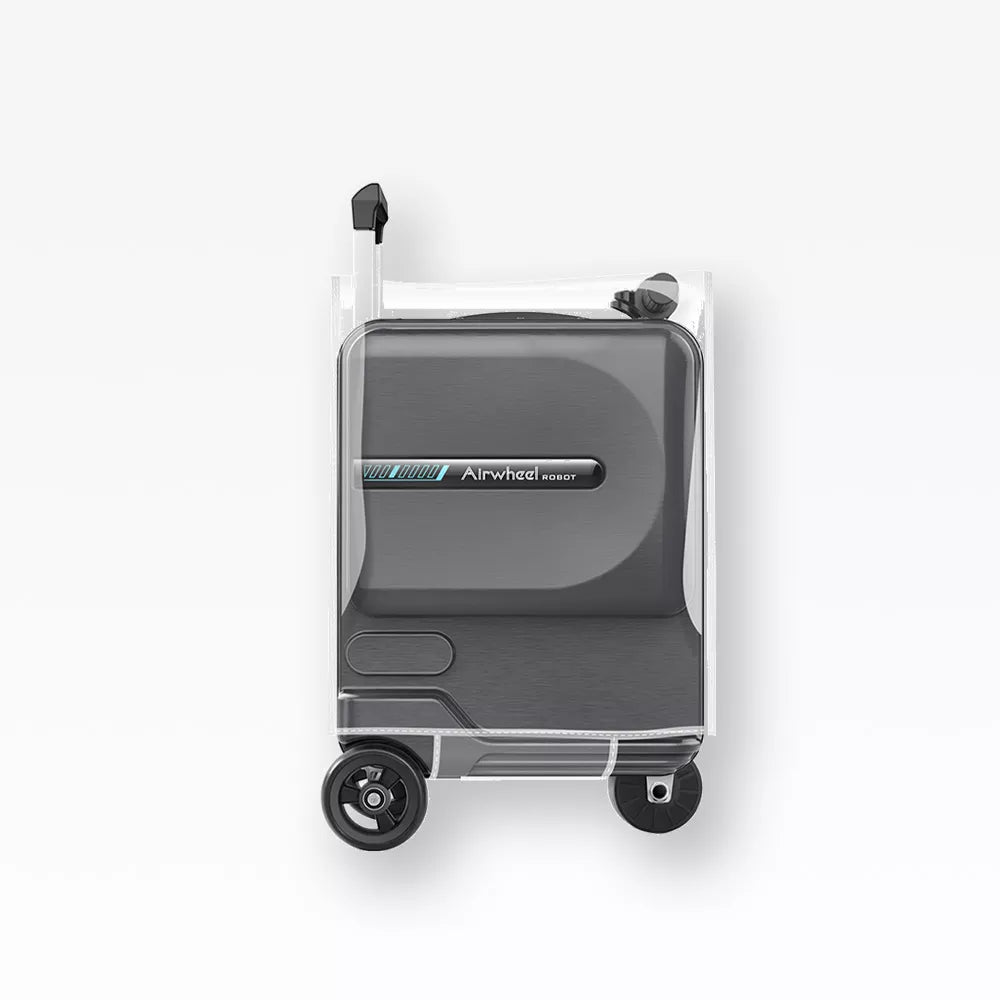



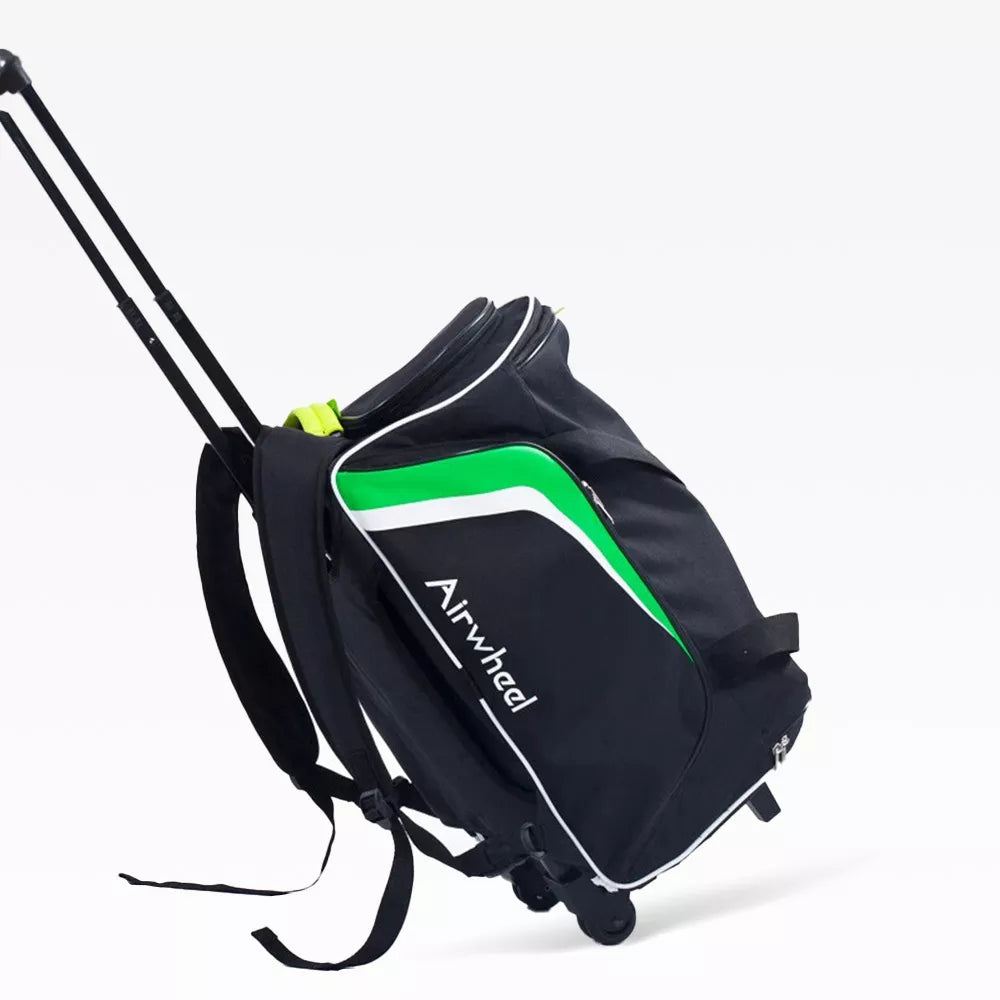
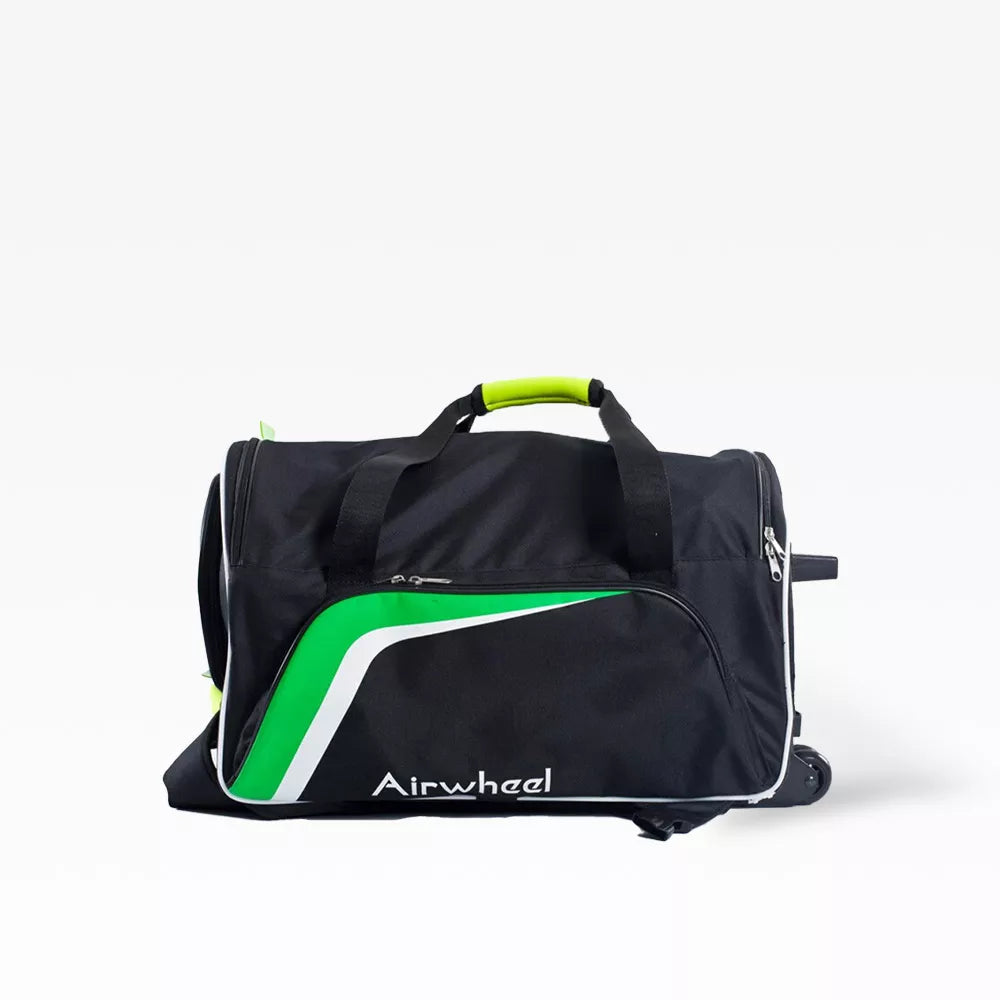
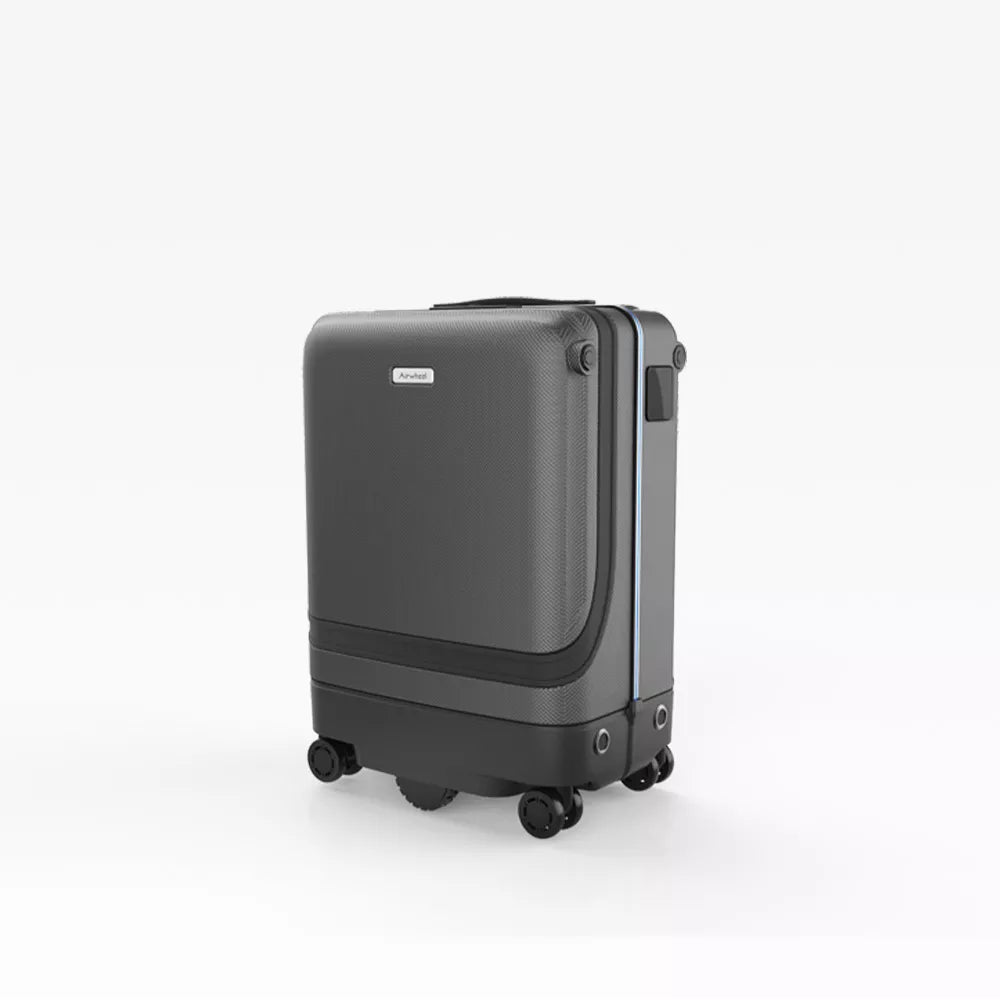
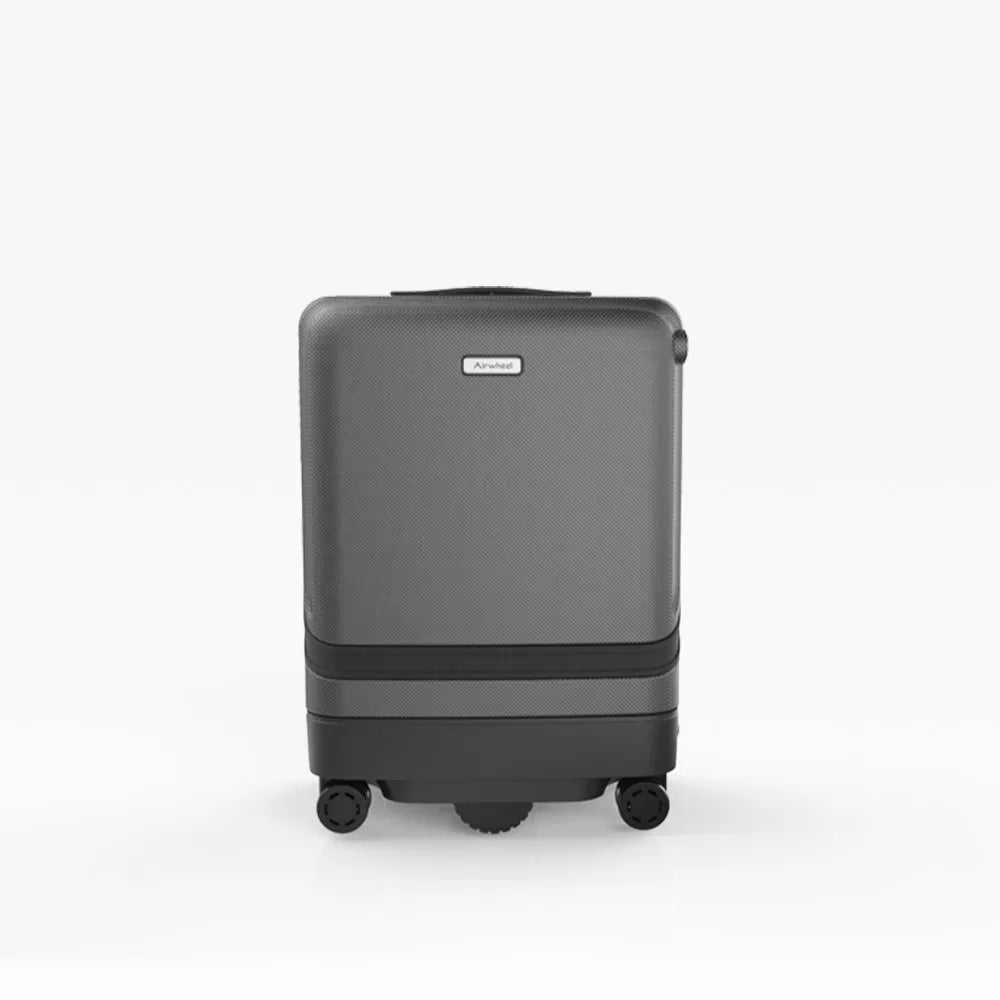


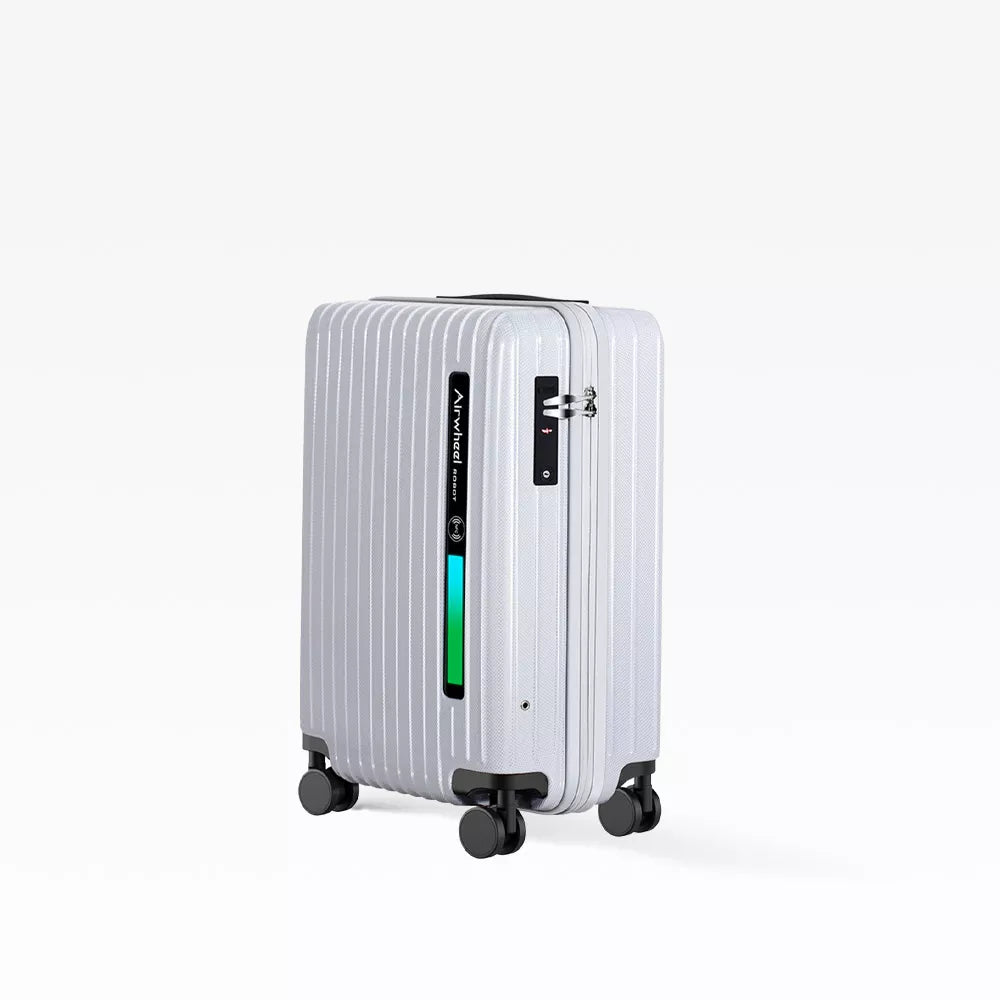
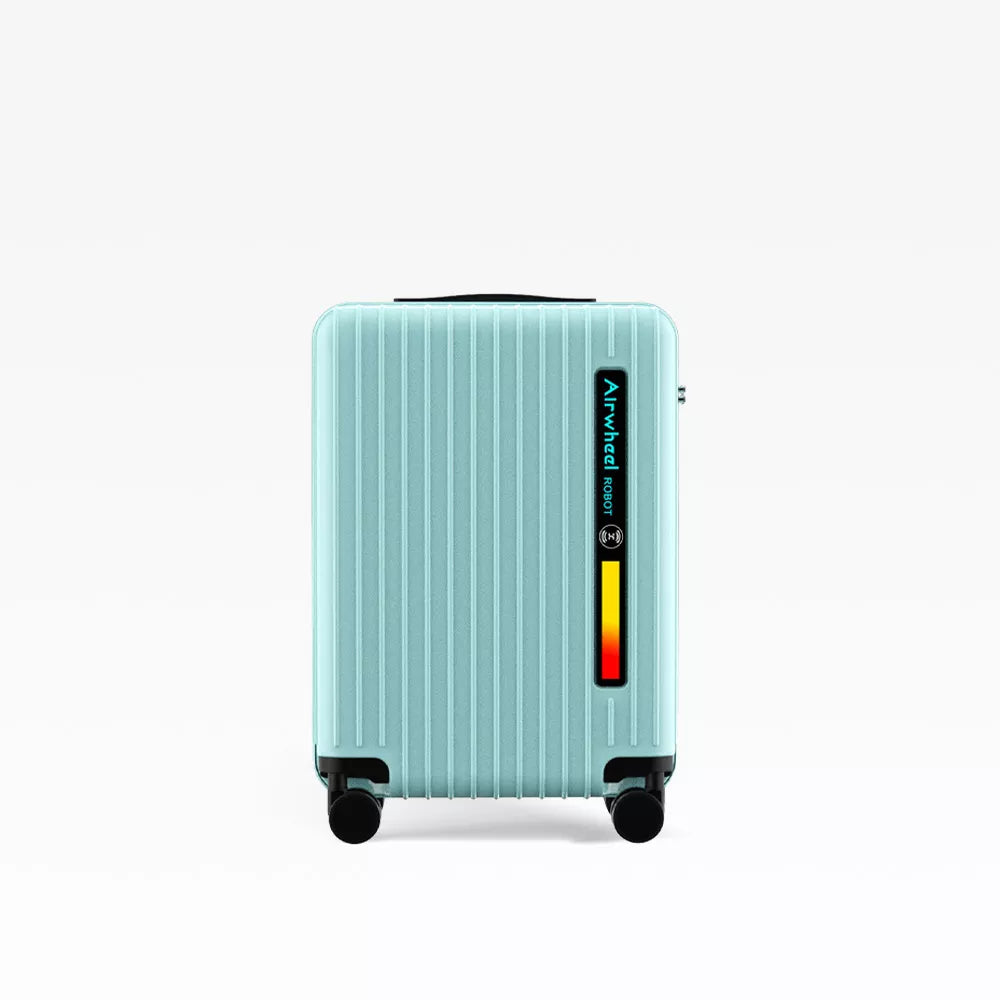
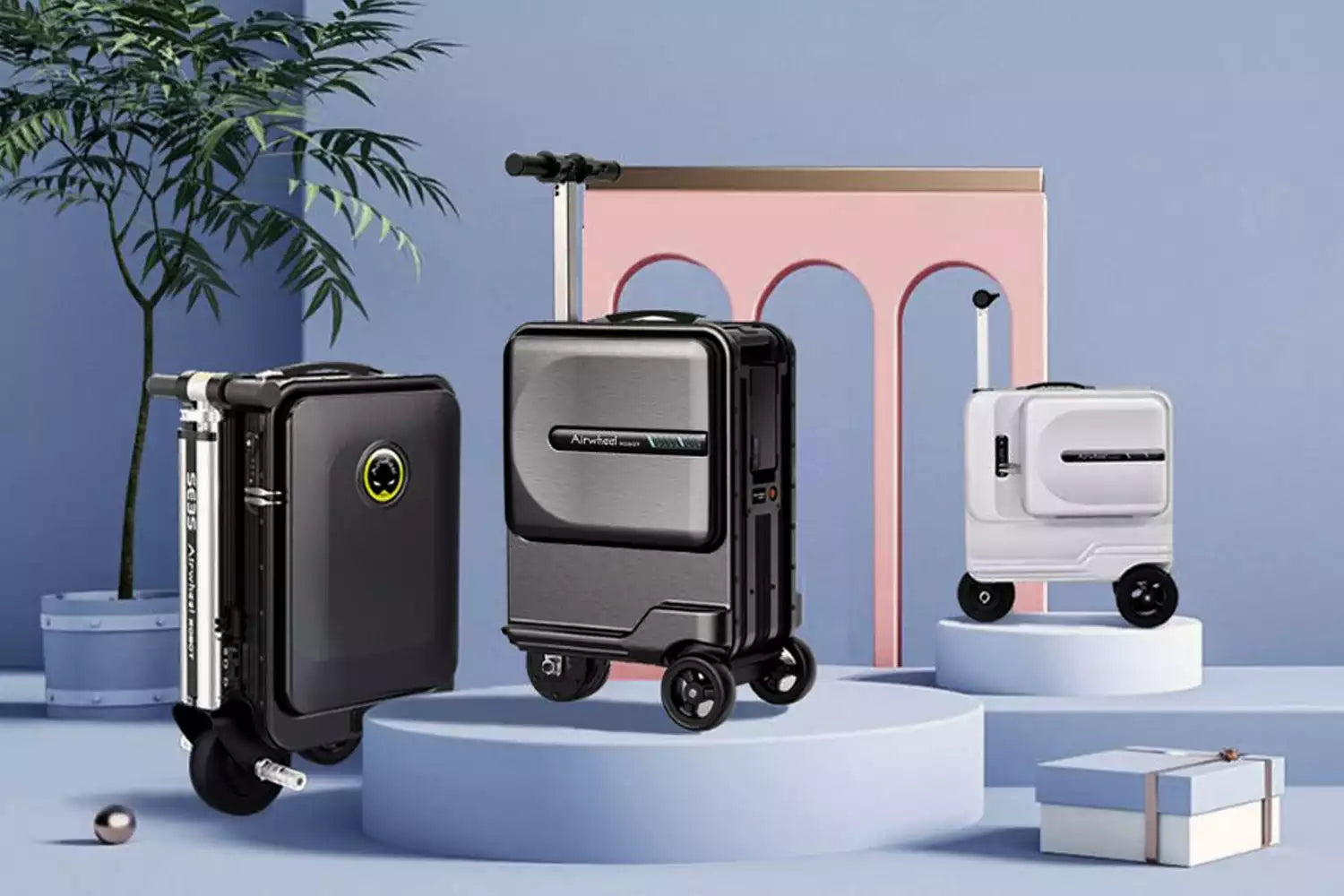
Leave a comment
This site is protected by reCAPTCHA and the Google Privacy Policy and Terms of Service apply.